You want to know what’s fun about being an editor? You get to live vicariously through people who are smarter, better traveled, and more interesting than you. Charles Duhigg is one of those people. Charles is an investigative reporter at The New York Times — if you haven’t been following his series on Apple, it’s really worth your time — as well as the author of a book I worked on, just published last week by Random House, called The Power of Habit. I know I’m not an objective source on this — I’m probably closer to a cheerleader — but the book was a total blast to work on and is full of ideas and stories and case studies that make you think about your life — including the way you eat, exercise, shop — in a different way. More than 40% of what we do in the course of any given day, it turns out, is not the product of rational decision-making; it’s habit. And that’s scary. Charles was kind enough to take a moment from his all-out media blitz to guest-post for us today about a particular DALS weakness, dessert. Tell us how to be better, Charles…
Let me be completely honest with you: I like dessert.
Not just a little bit. A lot. Basically, I would rather eat dessert than dinner. In fact, I have often had dessert for dinner. I’ve become accustomed — scarily so — to dessert every night. And it turns out I’m not alone.
This wasn’t a big problem before I had kids. Now, however, I have a 3-year-old (or, as he points out, a three-and-three-quarters-year-old). And guess what? He loves dessert, too! And not just a little bit. A lot. What a coincidence! We once went to Costa Rica so that he could see some monkeys and a white sand beach, and all he remembers is the chocolate I let him have after dinner each night. I am not kidding: if you ask him about Costa Rica today, he will tell you it’s a place where you can eat chocolate every night.
That isn’t good.
So, a few years ago when I started researching the science of habits for my book, one of my goals was to figure out how get a handle on my dessert habit (and my son’s). Not to go all Official Book Summary on you here, but in the last decade, our understanding of the neurology of habit formation has been transformed. In particular, we’ve learned that every habit has three components: a cue, which is like a trigger for an automatic behavior; a routine, which is the behavior itself; and a reward. Scientists refer to this as the “habit loop.”
When we’re talking about dessert, the habit is pretty obvious: There’s a cue (“dinner is over!”) a routine (“ice cream time!”) and a reward (“oh my god, this chocolate chip crunch tastes good, oh my oh my god”). What neurologists have learned is that habits are powered by cravings. In fact, if we could stick electrodes in my brain (which I wouldn’t recommend – very messy), we would see that as soon as dinner is over, my brain starts anticipating – which is another way of saying craving – that chocolate chip crunch. And if the ice cream doesn’t arrive? My brain gets unhappy, and starts giving off patterns that look a lot like anger — or even depression.
Which brings me to my son. Once dessert became a habit for him, it was nearly impossible to stop. He would throw a fit if dessert wasn’t delivered. He would scream and cry and throw himself on the floor. One night, after I denied him a cookie, my son told me — before storming off — that I was no longer fit to be his father. Superman, he announced, would be taking my place. I would be a bystander who happens to share his home. Which, to be honest, kind of hurt. (Would Superman spring for a Costa Rican vacation, kid? Doubtful. That guy is notorious for using the “there’s no pockets in this leotard” excuse to skip out on the bill.)
My wife and I knew we had to change my son’s dessert habit. But how? When I asked the psychologists I was interviewing for my book, they told me that you can’t destroy or eradicate habits – you can only change them. The key, they said, was inserting a new routine – a new behavior – into my son’s after-dinner habit loop.
So we got to work. We realized that whenever our son talked about dinner, he always mentioned dessert. He had become habitualized to associate mealtime with sweets. We went to work on that cue. Now, when we talk about dinner with our son, we emphasize all the other important aspects: the togetherness, the chance to talk about our days, the fact (well, as far as he knows) that Superman got strong because he ate lots of vegetables.
And, most important, we found new rewards. If our son eats his dinner, he gets to read a story with me before bed. Every time he takes three bites of broccoli, we tell him a joke. (The knock knock banana one kills EVERY SINGLE TIME.) It’s not that we never let the poor kid have dessert — we just vary it, and keep him guessing. Sometimes it’s fruit. Sometimes it’s one marshmallow. Sometimes it arrives after his bath, and sometimes it shows up in his snack, before dinner. Habits emerge when patterns are predictable – when our brains learn to crave a specific reward at a specific moment.
It has worked, too, and not just for desserts. If you play with cues and rewards, you can change almost any habits. Studies have shown that when people disable the buzzing on their smart phones, for instance, they stop checking their emails at the dinner table because the cue has been disrupted (and so the craving for the reward of distraction that email provides never materializes). Smokers who start drinking a double-espresso with their morning paper (rather than smoking a cigarette) are more likely to quit. Why? Because the caffeine provides a buzz that is similar to nicotine. The reward is still delivered – but the behavior has changed.
Speaking selfishly here, the best news is that I no longer gorge on dessert every night. I model better eating habits. I’m not saying I deserve a trophy or anything. But, on the other hand, have you ever seen Superman pass by the donut box without snagging a jelly filled piece of fried dough? I didn’t think so. Take that, so-called “Man of Steel.” — Charles Duhigg
P.S. GIVEAWAY!!! Comment below with a story about how you broke a habit (your own or your kid’s) and be eligible to win a free autographed copy of the book.
UPDATE: A.E. Hoseth (#73) and Ali (#82) are the winners. Thanks for playing!
Illustrations and cover design by Anton Ioukhnovets.

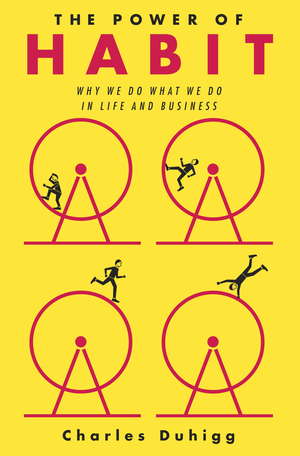

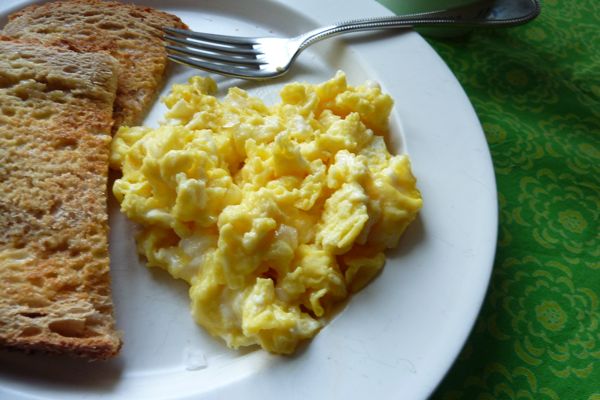
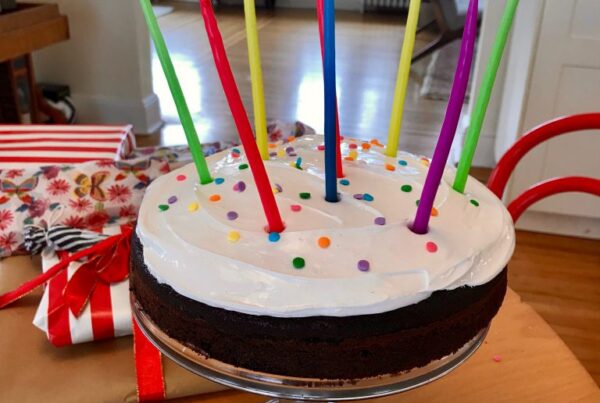
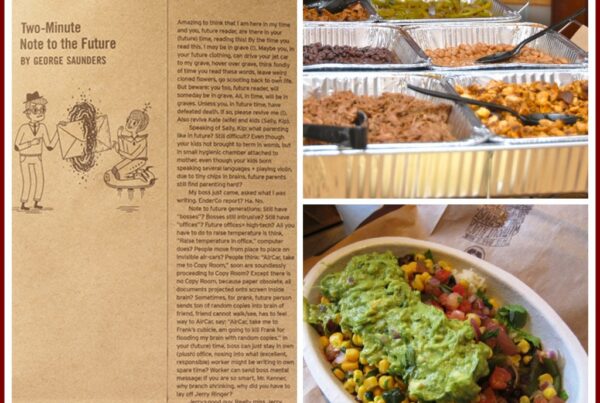
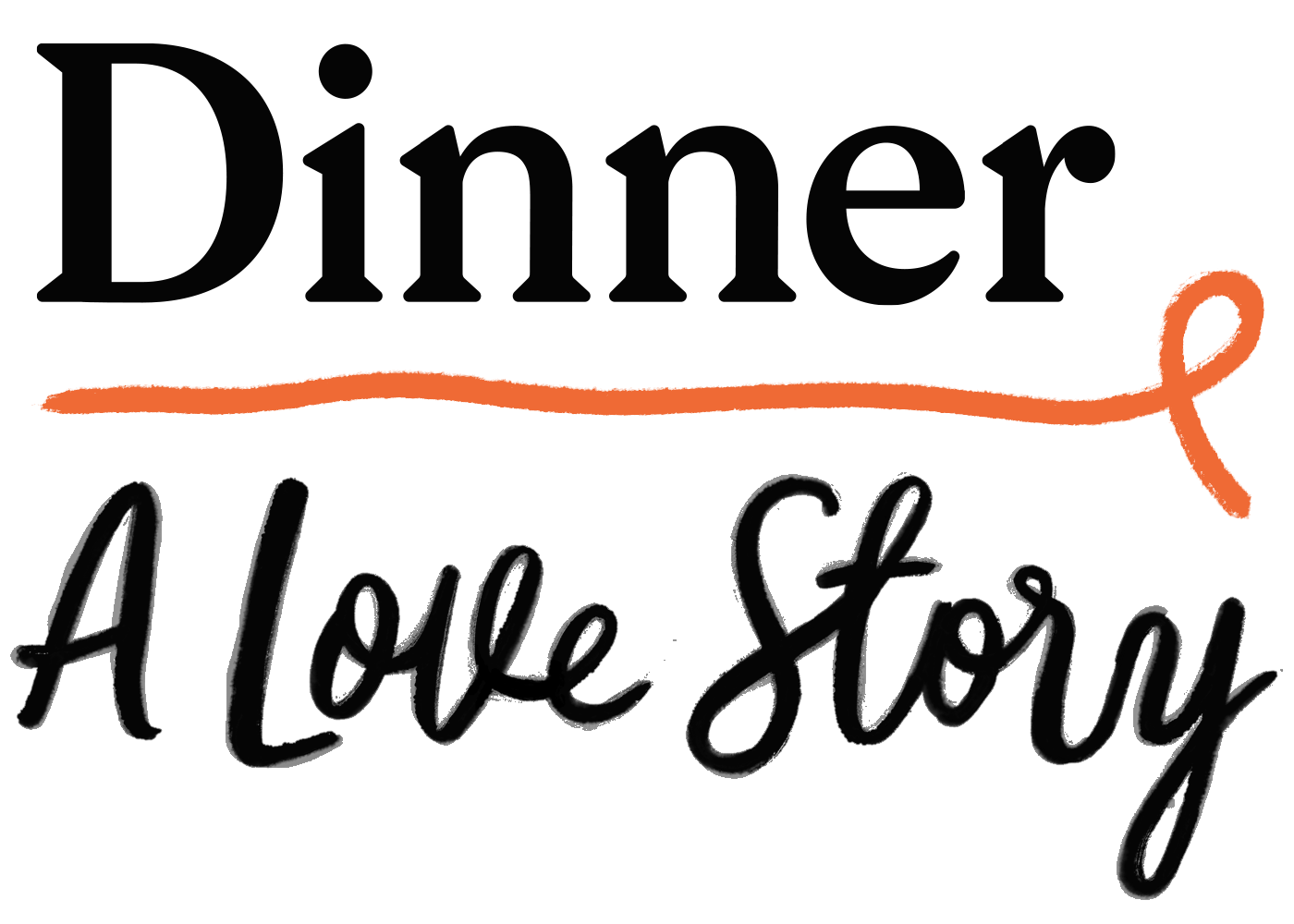
Well….. I haven’t broken a habit successfully, and that’s the real reason I am interested in this book. I can successfully take breaks from coffee, dessert, etc but I’d love more insight into how to make things stick.
three pregnancies turned me from a lover of salty snacks to a Must-Have-Chocolate-Now! person after every meal. Lately, I’ve replaced chocolate cookies with dates; took me a few weeks to be happy about the switch but I still get a sweet fix, just a different, healthier one.
our 2-year old had gotten in the habit of watching tv at breakfast, but when he started asking for it at lunch and dinner we knew we were in trouble. so now we have a “no tv at meals” rule (took a week of temper tantrums), but if one parent is on their own they can break it for sanity if necessary…like the author, keeps him guessing when he might get it as a treat, but it’s not expected. and means we now have DALS-friendly meals with something resembling conversation!
I stopped biting my nails by keeping them painted because then they looked pretty. I also try to keep them short so I’m not tempted. In order to kick the dessert habit I think I’ll have to do a lot more than that!
I need this book to break a very deeply engrained dessert habit–not for weight loss but just the principle. I helped my fiance develop a “wake up in the morning” habit. He was a compulsive snoozer (when he wasn’t sleeping through his alarm), so I invested in a Sonic Alarm Clock that we place across the room. Usually I’m awake before him, so I don’t have to be roused by the heart attack-inducing siren (that can be heard from the Street)!
When I was diagnosed with a gluten intolerance, I HAD to change my habit of ordering a pastry with my morning coffee or tea. So I “upgraded” my plain coffee or tea to a fancy drink, like an iced mocha or chai latte, and skipped the pastry altogether. Most of the time it works pretty well.
I used to be a coffee addict, I mean I was HOOKED! It’s not even really the caffeine but just the smell of coffee, its warmth, even its acidity. I replaced it with tea but it was not easy. Switching to tea at first did not seem to do it for me. I had to get fancy and find teas that inspired me in some way or served a purpose. I started drinking nettle tea which is an important supplement to my diet for its content. Anyway, since it does not have the best taste, I make it fancy with lemon and honey sometimes. It has become a whole ritual in the morning. I steep an entire glass jar of it and have it around all morning. Although I occasionally splurge for a decaf cappuccino now and again, I have pretty much gone off caffeine completely and feel much better overall. It takes work to break habits and the longer the habit is around; the harder it is to kick.
For me it is the wine after work habit that I am in the process of breaking. I have been noticing that the scale is slowly creeping up and so has my wine consumption in the evening. It is a hard habit to break, believe me, because the first sizzle of the pan and I want to have a cold glass of white wine to sip while I sautee. We won a SodaStream at our son’s school auction this past weekend, so I am drinking seltzer IN A WINE GLASS, just to have the feeling. It feels about as sane as smoking an electronic cigarette that doses out the nicotine without the smoke. I’ll get over it. If I don’t win the book, then I am going to get a copy at the library. It sounds like a fantastic read!
Since it’s Lent and I gave up dessert, I have, by default, broken my habit of eating sweet snacks throughout the day (when available). This has worked so well that I think I might restrict sweets to weekends only once Lent ends.
I successfully managed to switch my nightly dessert habit with a peppermint tea habit…and then the holidays happened. But I figure if I did it once, I can do it again!
I’m horrible about wasting time on the internet. I’m a grad student, and have had some success in setting a timer for an hour, then taking a five minute break to get up and straighten up the apartment. It’s more satisfying than procrastinating with internet comics.
I broke a nightly TV habit a few years ago. I used to turn on the television every night after work. Then, I decided I would only turn it on if I knew before turning it on what I would watch–no more channel surfing. Now, I only turn it on a few nights a week, so I fill my evenings with more productive activities (e.g., talking with my husband, catching up with friends, and reading). If only I could enforce the “no surfing” rule on myself with the Internet. Of course, if I never surfed the Internet, I wouldn’t have found DALS!
My worst habit I broke was late night eating in front of the television.
Now, I stop after dinner, close the kitchen, and drink water instead. (:
We needed to break the habit of second helpings at dinner (in order to encourage eating more veggies instead of the meat and pasta, etc). Now my son has to wait 20 minutes for “seconds”, and then only can he have more veggies if he truely is hungry. The 20 min wait actually makes him realize he isn’t hungry (just wanting more because it tastes good) and he usually gets distracted too. Plus he eats slower too.
Super fascinating! I really enjoyed the NYT article on marketing at Target, which I bet was a good preview for this book. I have becoming very interested in studying nutrition from the perspective of psychology, so I’m looking forward to reading more.
I think perhaps one of the biggest habits I broke was drinking sweet beverages with dinner. My husband and I used to buy a gallon of Arizona Ice Tea a week, now we buy a half gallon and it lasts nearly a month. I did it by joining in on a challenge to cut out processed foods for a month. The cue was dinner, the routine, a glass of ice tea full of high fructose corn syrup and other unpronounceable ingredients, and the reward, simply quenching my thirst. Good thing water accomplishes that goal just the same. I still keep myself guessing though, an occasional glass of something other than water is allowed, even though I’ve come to appreciate water does the best job of them all.
I also have a shameful dessert habit. I have always loved the dessert course best, but in the past year have slowly allowed myself to erode into a dessert-every-evening style of life. I am having trouble breaking it; I’m going to check the library for this book. It may be coming just in time!
My kids are also very interested in dessert. We’ve done a lot of the same things Charles mentioned, and it certainly helps. Now we get the “what’s for dessert” question a lot less often. If that only worked for the parents, who seem to snack after the kids go to bed….
Trying to break my mindless consumption of sweet treats and sugar. When I was pregnant last year, I started eating 2-4 munchkins each time I went to a favorite donut chain … which turned into a daily habit b/c I was habitually drinking decaf iced coffee. Now (thanks to the brisk March weather), I’m off the iced coffee and breaking my association with munchkins. I could use some habit rehab in some other areas of my life too … would love to check out the book.
I stopped biting my nails by learning to knit.
Many years ago I broke a soft-drink habit by imagining the drink filling my body with nasty chemicals when I was tempted. Now I don’t even crave them anymore. I’ll only drink an occasional coke with popcorn at the movies, and not every time.
What I need to know now is not how to break a habit but how to get in a habit. Or maybe both. I need to break a habit of procrastinating and make a habit of doing my work in a timely way! That thesis isn’t going to write itself…
I broke the dessert habit while pregnant — sweets just didn’t sound good anymore and my taste for them never came back. The cheeseburger habit, unfortunately, is a totally different story…
I kicked the smoking habit by breaking associations — first I wouldn’t smoke while I was driving (did that for a week), then I wouldn’t smoke while I was talking on the phone (did that for a week), then I would wait at least 10 minutes after putting down my fork to light up. It took a long time (and I still occasionally think about smoking), but it did work. Would love that book! Thanks for the giveaway.
I have many, many bad habits that I’ve *tried* to break, if that counts:
1) nail biting (expensive weekly manicures that were ultimately wasted)
2) snoozing (spent an entire afternoon running “morning drills” to recondition myself)
3) cursing (10-cent fine for every curse word to go to someone I dislike immensely)
I teach and am starving by the time I get home after school and working out. That means immediately snacking and usually indulging in a glass of wine.
To stop the snacking esp on cheese, we invented Thursday wine and cheese night. No cheese allowed those other nights. Plus, I get to cook for my friends on Thursdays, so it’s something to look forward to (the reward?).
I also like seeing the lower grocery bill when I snack less. Maybe another reward could be putting the savings towards vacation fund – – or our small but growing “sabbatical year” fund.
I kicked my soda habit by choosing iced tea. I found I loved the cold drink with ice and iced tea was a close second for the same “feel” if not taste.
Loved your post…looking forward to reading the book! 🙂